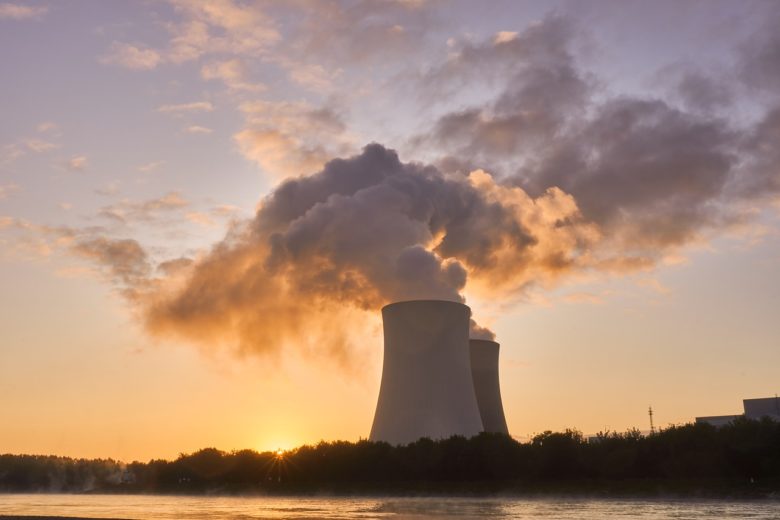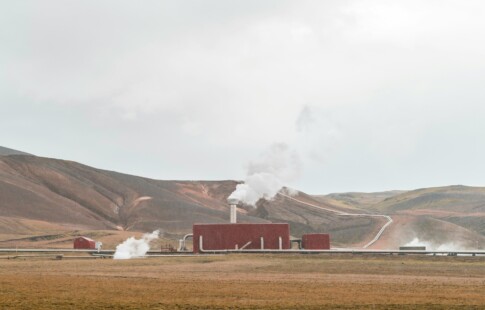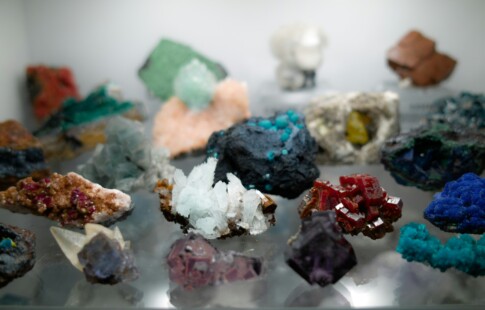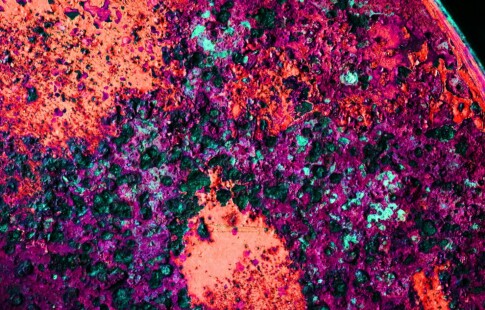
Key Advantages and Disadvantages of Nuclear Energy
We are reader-supported. When you buy through links on our site, we may earn affiliate commission.
When you hear the words “nuclear energy,” you might think of a radioactive core, a steaming power plant or maybe even nuclear bombs like the one dropped on Hiroshima. While these are all accurate representations of nuclear energy, they generally come with negative connotations. However, nuclear energy also presents a number of advantages. Below, we’ll discuss the advantages and disadvantages of nuclear energy and what the future of energy may look like.
Advantages of Nuclear Energy
Nuclear energy often comes under fire for being dangerous and disadvantageous, especially if something goes wrong. However, the only time people typically hear about nuclear plants is when something does, in fact, go awry. What most of the public doesn’t know is that there are actually several advantages to this type of energy.
1. Reliability
Nuclear energy is more reliable than wind or solar because nuclear provides a stable and persistent base load of energy. A plant can run uninterrupted for one to two years, whereas other types of green energy rely on variables like the sun and wind, which aren’t always present and can’t be controlled.
Plus, since there’s consistent production, there’s always a backup supply of nuclear energy. This stored energy lasts longer than fossil fuels. Thus, nuclear can serve as a backup energy source for those who rely on wind or solar.
2. More Prolific
Nuclear energy is also more prolific than fossil fuels. For instance, nuclear has an incredibly high power output compared to its fuel intake. An entire city can meet its industrial needs with a single nuclear reactor. And since fueling the plant only requires a small amount of uranium, the planet has will have enough of the stuff to last another 70 to 80 years. Meanwhile, humans will deplete the Earth’s supply of fossil fuels in the next 30 years.
3. No Greenhouse Gases
One of the biggest advantages of nuclear energy is that it doesn’t release any greenhouse gases. Air pollution and the greenhouse effect aren’t a concern here like they are for fossil fuels. As a result, nuclear energy may have helped the U.S. drop its emissions from energy production by 12% in the last seven years.
Moreover, because nuclear plants don’t release harmful emissions, there is no negative impact on water or land except when there is a spill or fuel transportation is involved.
4. Low Operating Costs
Although the cost of building a plant may be high, the energy it produces is relatively inexpensive. Additionally, the cost of uranium — and the price of transporting it — to fuel the plant is low. In fact, it’s cheaper than most other energy sources, including gas, oil, solar and even wind.
Ultimately, the low cost of producing nuclear power offsets the initial investment of building and maintaining a plant as well as the cost of disposing of or storing nuclear waste.
Disadvantages of Nuclear Energy
Nuclear energy obviously has quite a few positive characteristics. However, it would be a mistake to overlook its downsides, some of which are severe.
1. Negative Environmental Impact
While it’s true that nuclear energy doesn’t emit greenhouse gases, it takes a toll on the environment in other ways. For example, building a nuclear plant will inevitably involve the use of non-renewable building materials and carbon emissions.
Moreover, mining and transporting uranium both present pollution hazards. And spent nuclear fuel rods are still dangerously radioactive, which means transporting, storing and disposing of them can contaminate the earth, groundwater and possibly the entire planet if there happened to be a major disaster. Currently, there is no nuclear storage facility in the United States.
2. Nuclear Accidents
Speaking of disasters, if radioactive waste is handled improperly or the storage facility malfunctions, a major accident may occur.
One such incident was the Chernobyl event of 1986. A Ukrainian plant went up in flames after workers violated safety protocols and caused a reactor to explode. Radioactive material spewed into the atmosphere, contaminating the surrounding land and causing thousands of people to develop cancer in the following years.
Although such accidents are rare, there’s always a possibility that history will repeat itself.
3. Water Pollution and Usage
As mentioned, nuclear energy can contaminate groundwater if plants don’t properly store their waste. However, the process by which workers cool the water in a plant’s condenser can cause thermal pollution to nearby reservoirs. This causes a decrease in dissolved oxygen levels, which can result in algae blooms, hypoxic dead zones and the malnutrition and death of marine wildlife like fish and corals.
Additionally, nuclear energy plants need enormous amounts of water to operate. In the U.S., nuclear accounted for 41% of freshwater withdrawals nationwide.
4. Dangerously Powerful
With great power comes great responsibility. However, not all people want to use nuclear energy in a responsible, positive way. In many countries, including the U.S., the military uses nuclear power to make incredibly powerful weapons capable of destroying cities and countries. If terrorists get their hands on nuclear energy, it could result in grave consequences for the human race.
Nuclear Energy as a Stepping Stone
While scientists and industry experts continue to weigh the advantages and disadvantages of nuclear energy, innovators are searching for new ways to make it cleaner and eventually phase it out. One way they might do this is by using thorium — a radioactive element that is three times more common than uranium. Moreover, thorium’s waste becomes non-radioactive after a much shorter time.
By supplementing uranium with thorium, scientists may have more time to find even better fuel options. So, ultimately, nuclear energy is simply a stepping stone to safer, cleaner energy sources.
Share on
Like what you read? Join other Environment.co readers!
Get the latest updates on our planet by subscribing to the Environment.co newsletter!
About the author

Jane Marsh
Starting from an early age, Jane Marsh loved all animals and became a budding environmentalist. Now, Jane works as the Editor-in-Chief of Environment.co where she covers topics related to climate policy, renewable energy, the food industry, and more.





